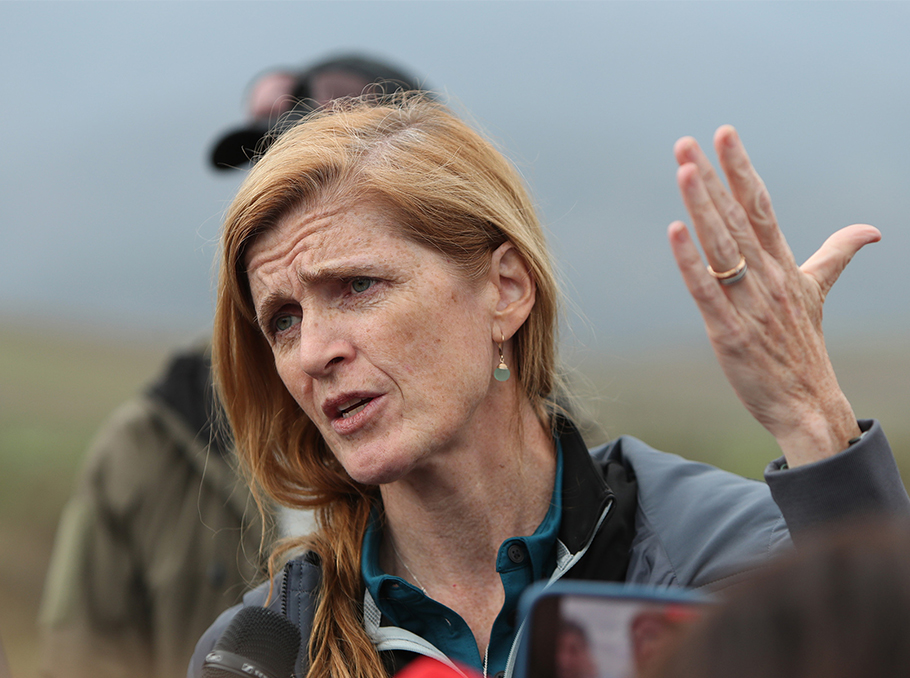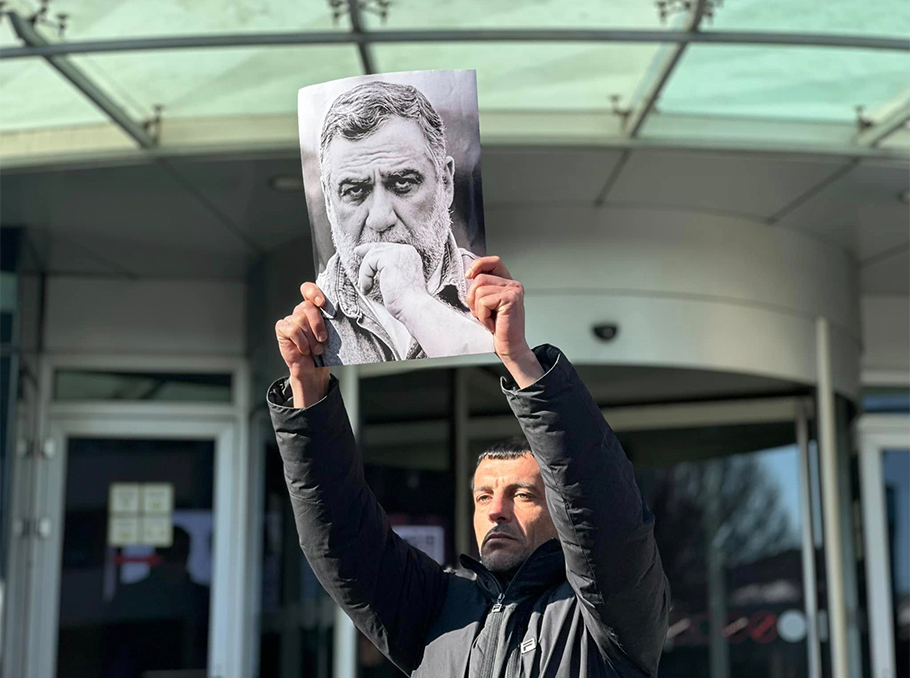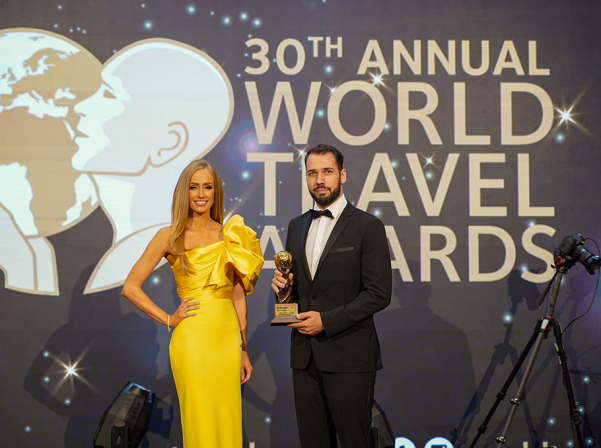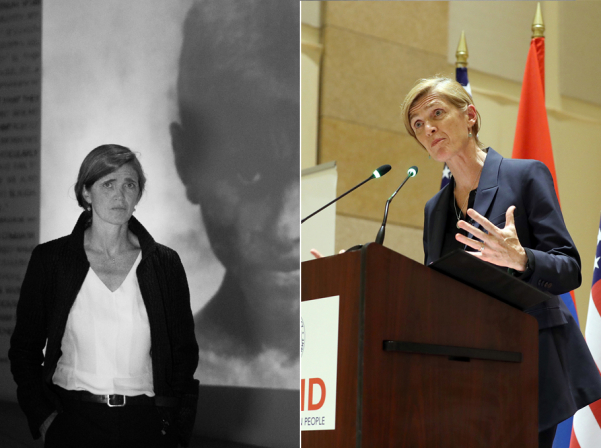Michael Rubin is director of policy analysis at the Middle East Forum and a senior fellow at the American Enterprise Institute. This article is written for The Armenian Mirros Spectator.
Michael Rubin
The Tatev monastery, a nineth century Armenian Apostolic Christian monastery, is only half the attraction in this tiny Syunik village for tourists in the busy summer season. Just a couple hundred meters away lies the “Wings of Tatev,” at 3.5 miles, the world’s longest reversible cable car system. In the first decade of its existence, the Wings of Tatev welcomed more than one million visitors. Despite the slow tourism recovery from COVID restrictions five years ago and the Artsakh war, the cable cars are on pace to more than double that traffic. Many of those who ride the cars are foreign tourists, and not just from the Armenian diaspora. They come to Armenia for its hospitality, history, and culture. Armenia is often their first experience in the Caucasus from which they generate baseline knowledge.
Here, Armenia wastes an opportunity. The brain and money behind the Wings of Tatev project was philanthropist Ruben Vardanyan and, at both termini of the tram, signs proclaim the role of the Ruben Vardanyan Foundation in constructing the cable car route. For most visitors, the signs pass without notice. After all, who pays attention to sponsorship of various sites when taking vacations abroad?
It is a missed opportunity. I visited Islamabad, Pakistan, soon after India abrogated Article 370 of its constitution, stripping Kashmir of its special status. Billboards across Islamabad posted a running clock of how long it had been since India locked down Kashmir. When Hamas seized Israeli hostages during its October 7, 2023 raid into Israel, advocates for the hostages’ return made posters and billboards to publicize their plight across major American and European cities. Deficit hawks in the United States often buy billboards showing a running total of national debt. When the Arab Quartet launched in 2017 blockade of Qatar, both sides hired mobile billboard trucks to sway public opinion to their side. In each case, regardless of diplomatic or political position, the billboards and signs build awareness.
Vardanyan’s closest friends have betrayed him. Just days after Vardanyan’s arrest by Azerbaijani security forces, Samantha Power, administrator of the now-defunct US Agency for International Development, visited Baku. Her book, A Problem from Hell, criticizing US failures to respond to genocide, won a Pulitzer Prize and propelled her to fame. She collaborated closely with Vardanyan. After leaving the Obama administration, for example, she joined the prize selection committee for the Aurora Foundation, that Vardanyan co-founded to honor people who work against genocide, yet she did not demand Vardanyan’s release at a time when it was still possible to achieve it, before Azerbaijani President Ilham Aliyev doubled down. In her post-USAID career, Power’s silence has been deafening. Rumors abound that some Armenian officials downplay Vardanyan’s incarceration in order to sidetrack a potential competitor.
 Samantha Power
Samantha Power Photo: Photolure
Perhaps Armenia cannot count on fair weather friends, but there is no reason why Armenians cannot better advocate publicly on their own. Every Ruben Vardanyan Project should have a billboard showing how long he has remained hostage in Baku. The Wings of Tatev takes roughly 12 minutes to transit between Tatev and Halidzor. While a recording alerts travelers to various sites they pass over, it provides no information about Vardanyan himself. That is a loss opportunity to reach thousands of visitors who may never otherwise hear about Vardanyan’s case.
Some within the Armenian government may believe that attention upon Vardanyan and his fellow hostages hampers efforts toward peace. This is wrong, though. Peace comes not from blaming victims, but from calling out perpetrators. Failure to stand up for hostages projects weakness and diminishes the Armenian government in Aliyev’s mind. It encourages Aliyev’s obstinance and leads him to believe he can victimize Armenians in exchange for concessions. It is a dynamic that makes peace difficult to achieve.
Armenians need not march in lockstep with their leaders – that is the basis of democracy. Even if official Yerevan downplays Vardanyan’s imprisonment, ordinary Armenians need not. Every Ruben Vardanyan Foundation project should highlight Vardanyan’s plight and educate about a man who continues to sacrifice for Armenian culture, development, and self-determination. The Foundation itself might construct billboards in every city and town with a single goal: Vardanyan should not be a household name only in Armenia; he and those with whom he is imprisoned should become as famous a prison of conscience as Andrei Sakharov and Nelson Mandela once were.



















Comments
Dear visitors, You can place your opinion on the material using your Facebook account. Please, be polite and follow our simple rules: you are not allowed to make off - topic comments, place advertisements, use abusive and filthy language. The editorial staff reserves the right to moderate and delete comments in case of breach of the rules.